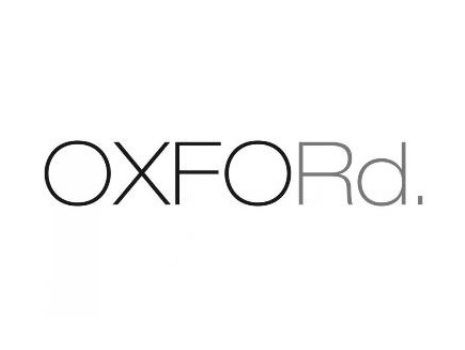Oxford Road: Fixing Podcast Measurement Could Unlock $1 Billion In Ad Growth.
- Inside Audio Marketing

- Oct 30, 2025
- 3 min read

Audio ad agency Oxford Road says the next billion dollars in podcast ad revenue is being held back by inconsistent and limited measurement tools, especially for YouTube podcasts. It says a survey it conducted found that half of top spenders blame limitations in performance data and attribution as their No. 1 barrier to increased podcast investment.
“There remains a gap that needs to be addressed. That gap is most acute when it comes to video podcasting,” the report says.
Based on a podcast ad market totaling $2.5 billion and what brands say they plan do with their spending, Oxford estimates the potential incremental spend equals roughly $1 billion simply by addressing measurement issues. “Standardization, transparency, and granularity are what brands want most from attribution. If the market can deliver, the upside is tremendous,” it says.
Oxford reports 86% of brands would increase their podcast spending if YouTube podcast attribution matched that available for audio. Nearly one in four (24%) said they would boost their budgets by 50% or more, while 12% said they would more than double their investment, and a third would increase spending by 10%.
The findings are from its “What Brands Want 2025” report, which draws on survey data from 75 senior marketing decision makers representing roughly 15% of total U.S. podcast ad spend, including six of the industry’s top 10 advertisers. Notably, more than three-quarters reported investing in simulcast podcasts and nearly a third invest in “video-only podcasts.” Oxford says this degree of video engagement contrasts sharply with frustrations expressed about the lack of measurement and attribution in the video podcasting space.
One reason could be there’s a sense that things are improving. Seven in ten (71%) of those surveyed said current measurement tools are less useful than with other channels. But that is an improvement from a year earlier, when 83% found podcast measurement lacking.
“The message is clear: If the industry can deliver on measurement, advertisers have signaled they are ready to scale their investment,” Oxford CEO Dan Granger says. “The next phase of growth for podcasts and audio won’t be defined by content or distribution alone, but by trust, transparency, and accountability in how impressions and results are measured.”

Oxford findings reveal nearly 80% of advertisers are also concerned about rising ad loads, citing fears of listener fatigue and diminished effectiveness. That includes nearly one in five (17.5%) who are “very concerned” about over-commercialization.
Meanwhile, brand safety continues to rank as a top priority. Political extremism (65%), misinformation (55%), and violence (58%) lead the list of concerns, with respondents saying reliable safeguards have been harder to maintain since the dissolution of the Global Alliance for Responsible Media (GARM). Just 5% of those surveyed have no brand safety worries.
On the technology front, the report highlights rising caution around AI-generated host reads. Advertisers rated their comfort level with AI voice clones at 4 out of 10 — a modest increase from 1.5 the prior year — signaling that while awareness is growing, trust remains fragile.
“Brands remain skeptical,” Oxford says. “Disclosure and industry standards remain essential to protect trust.”

More than half of respondents (55%) also said the industry urgently needs a consistent definition of “podcast.” As content increasingly spans audio, video, and influencer-driven platforms like YouTube, brands report confusion over where podcast budgets should sit and how performance should be measured across teams.
“The audio industry stands at a turning point,” the report says. “Advertisers are ready to increase investment, but only if publishers, platforms, and agencies deliver the tools and standards they need.”
Download Oxford Road’s What Brands Want 2025 report HERE.




Comments